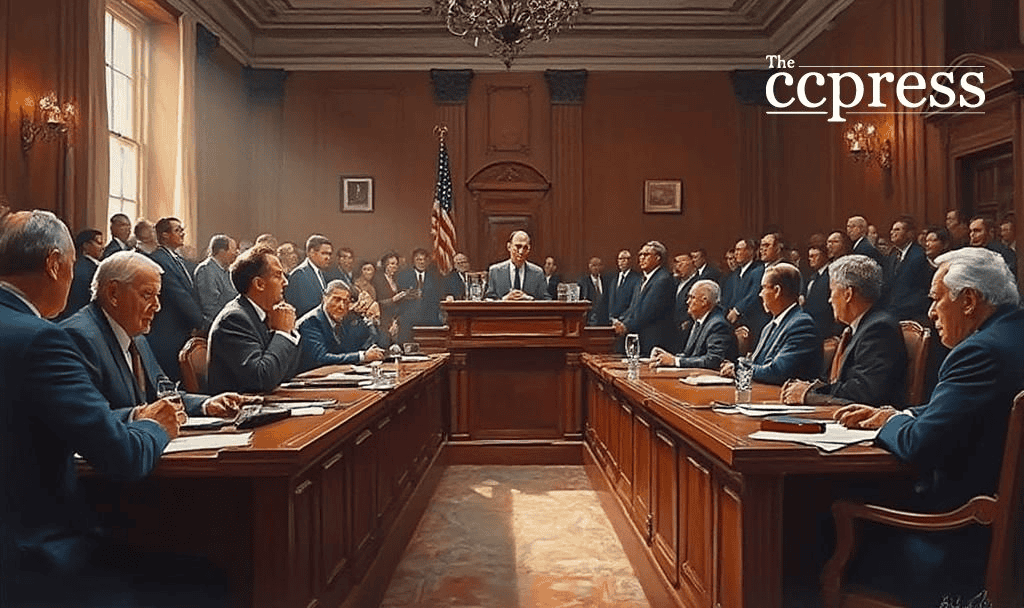- Pennsylvania addresses Bitcoin ownership for public officials.
- Potential legal penalties introduce new challenges.
- Community debates regulatory impacts on crypto policies.

The Pennsylvania House has introduced a bill to restrict public officials from owning Bitcoin and digital assets, which could lead to jail penalties if passed.
The proposed legislation has sparked intense discussions on potential conflicts of interest and regulatory precedents, with possible implications for digital asset regulations nationwide.
Main Content
The Pennsylvania House has proposed legislation that could prohibit public officials from owning Bitcoin and digital assets. This measure aims to prevent conflicts of interest and includes potential jail penalties for those who fail to comply. Discussion has surged within the crypto community.
While specific text and sponsors remain undisclosed, this bill reflects the growing focus on digital assets among state legislators. A notable federal effort is U.S. Rep. Maxine Waters’ act to limit elected officials’ holdings, suggesting a wider policy momentum. As Rep. Maxine Waters expressed, “With growing policy momentum at multiple levels, restrictions on elected officials’ digital asset holdings are becoming increasingly necessary.”
The bill explicitly targets the ability of public officials to hold digital assets like Bitcoin and Ethereum. There is concern over the proposed criminal penalties, which could lead to heightened tensions and scrutiny in the cryptocurrency sector.
No government funding is tied to this proposal. Its implications are primarily regulatory, aiming to establish ethical boundaries. The broader community watches for ripple effects that could influence legislative approaches in other jurisdictions.
The financial and market implications of this bill are still unfolding due to its targeted scope. Market participants are keenly observing whether similar measures might gain traction, affecting investor sentiment and policy development across multiple states.
As history shows, outright bans on digital assets are rare at state level, but this initiative can set a precedent. The climate for digital asset regulation remains dynamic, with stakeholders analyzing potential technological and regulatory shifts.
| Disclaimer: The content on The CCPress is provided for informational purposes only and should not be considered financial or investment advice. Cryptocurrency investments carry inherent risks. Please consult a qualified financial advisor before making any investment decisions. |

